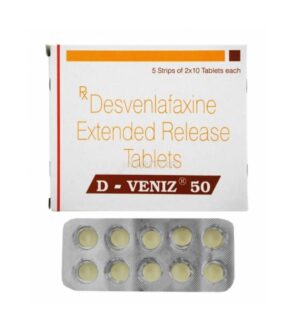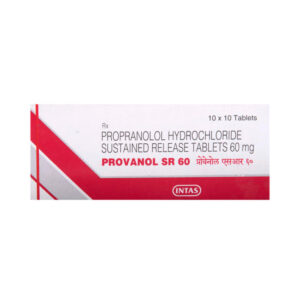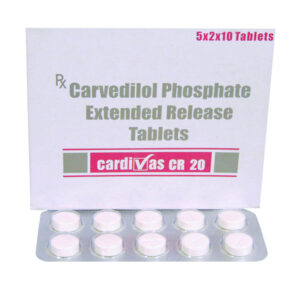Medication Safety Issues
Sound-alike/look-alike issues:
Ranexa may be confused with CeleXA, PreNexa Premier
Storage/Stability
Store at 25°C (77°F); excursions permitted to 15°C to 30°C (59°F to 86°F).
Adverse Reactions
>0.5% to 10%:
Cardiovascular: Bradycardia (≤4%), hypotension (≤4%), orthostatic hypotension (≤4%), palpitation (≤4%), peripheral edema (≤4%), prolonged QT interval on ECG (>500 msec: ≤1%)
Central nervous system: Dizziness (6%; may be dose-related), headache (≤6%), confusion (≤4%), syncope (≤4%), vertigo (≤4%)
Dermatologic: Hyperhidrosis (≤4%)
Gastrointestinal: Constipation (5%), abdominal pain (≤4%), anorexia (≤4%), dyspepsia (≤4%), nausea (≤4%; dose-related), vomiting (≤4%), xerostomia (≤4%)
Genitourinary: Hematuria (≤4%)
Neuromuscular: Weakness (≤4%)
Ophthalmic: Blurred vision (≤4%)
Otic: Tinnitus (≤4%)
Respiratory: Dyspnea (≤4%)
≤0.5%, postmarketing, and/or case reports: Angioedema, ataxia, decreased glycosylated hemoglobin, decreased T-wave amplitude, dysuria, eosinophilia, hallucination, hypoesthesia, hypoglycemia (diabetic patients), increased blood urea nitrogen, increased serum creatinine, leukopenia, pancytopenia, paresthesia, pruritus, pulmonary fibrosis, renal failure, skin rash, thrombocytopenia, torsade de pointes (Morrow 2007), tremor, T-wave changes (notched), urinary retention, urine discoloration
–








